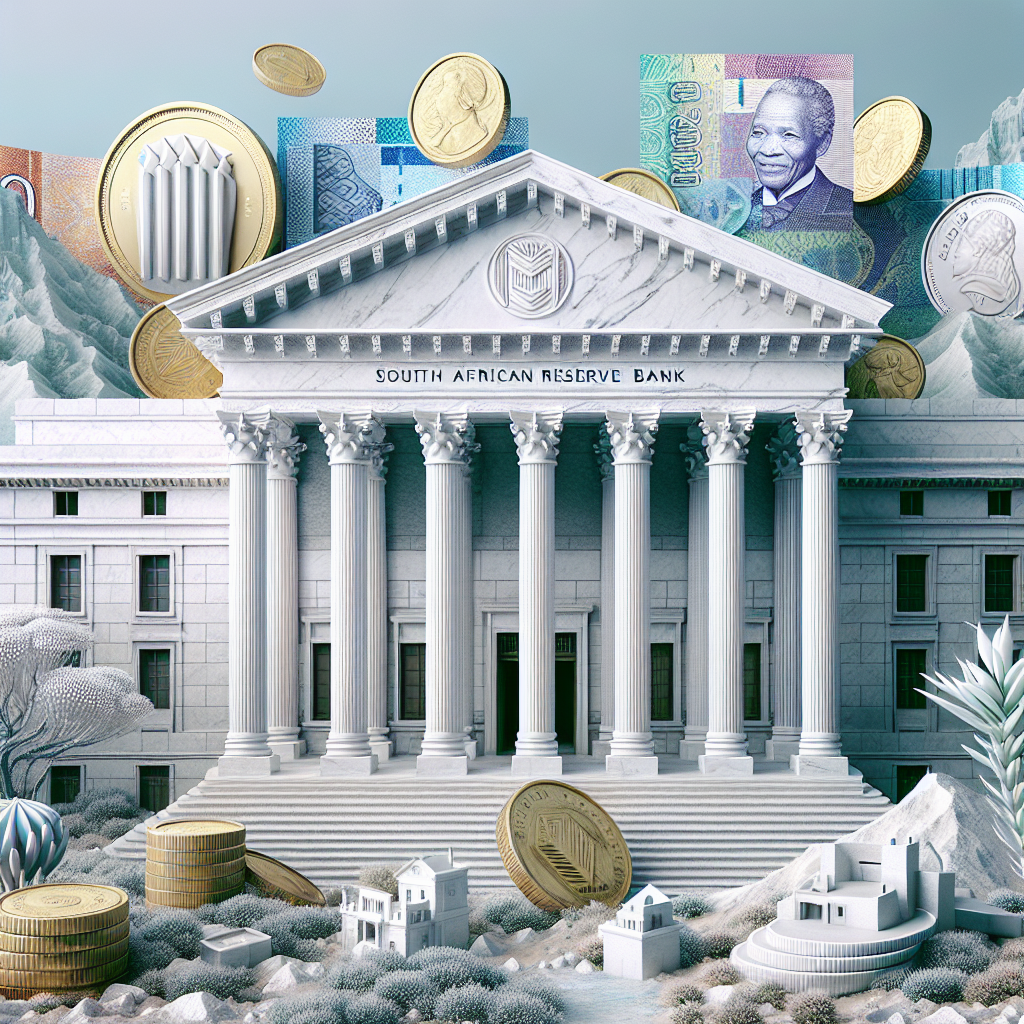SARB Cuts Repo Rate by 25 Basis Points Amid Inflation Stability and Global Uncertainty
Key Decision & Economic Outlook Announcing the decision on Thursday, SARB Governor Lesetja Kganyago stated that four out of six MPC members supported the rate cut, while two preferred keeping rates unchanged.

- Country:
- South Africa
The South African Reserve Bank’s (SARB) Monetary Policy Committee (MPC) has reduced the repo rate by 25 basis points, effective 31 January 2025, marking the first rate cut in recent years as inflation remains stable and global risks persist.
Key Decision & Economic Outlook Announcing the decision on Thursday, SARB Governor Lesetja Kganyago stated that four out of six MPC members supported the rate cut, while two preferred keeping rates unchanged.
"The committee ultimately agreed that it was possible to reduce the degree of policy restrictiveness, making the stance somewhat more neutral. However, all members were concerned about the uncertain global outlook," Kganyago said.
The repo rate cut comes as inflation slowed to 3% in December 2024, after starting the year above 5%. The average inflation for 2024 stood at 4.4%, well within the SARB’s 3%-6% target range.
Factors driving the inflation decline:
Food inflation at 15-year lows
Lower fuel prices
Stable core inflation expectations
However, despite the positive inflation trend, the MPC remains cautious due to medium-term global economic uncertainties and domestic structural challenges.
Interest Rate Projections The SARB’s latest Quarterly Projection Model suggests that rates may drift slightly lower over the next few years, stabilizing at 7.25%.
However, Kganyago emphasized that the MPC will continue making decisions on a meeting-by-meeting basis, without committing to any specific interest rate path.
"Given the challenging global environment, we are keeping policy decisions flexible. We will remain outlook-dependent, responsive to new data, and sensitive to global and domestic risks," he stated.
Global & Domestic Risk Factors The MPC evaluated a potential trade war scenario, assuming a 10-percentage-point hike in US tariffs, prompting global retaliatory measures.
Potential Impact on South Africa:
Rand depreciation to R21 per US dollar
Domestic inflation rising to 5%
Interest rate hikes to counter inflationary pressures
Conversely, the SARB also analyzed the impact of accelerated structural reforms in South Africa. The projections showed economic growth reaching 3% by 2027, with lower inflation and interest rates—highlighting the benefits of policy and governance reforms.
“This demonstrates how structural reforms can reduce the country’s risk premium and create more monetary policy space,” Kganyago explained.
Call for Structural & Fiscal Reforms In addition to monetary policy adjustments, the Governor stressed the need for broader economic reforms, including:
Public debt reduction to ensure fiscal sustainability
Strengthening infrastructure & network industries
Lowering administered price inflation
Ensuring real wage growth aligns with productivity
SARB’s Commitment to Stability Kganyago reaffirmed the SARB’s focus on low and stable inflation, with well-anchored inflation expectations.
"The MPC remains vigilant and ready to recalibrate policy as needed. Sustaining domestic reform momentum while protecting macroeconomic stability is crucial in navigating global and domestic challenges,” he concluded.
The next Monetary Policy Committee meeting will assess inflation trends, economic performance, and global developments before making further policy adjustments.
- READ MORE ON:
- South African Reserve Bank










